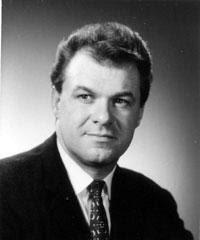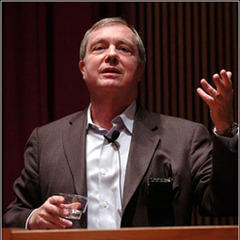George Berkeley Quotes
George Berkeley (1843). “Works, Including His Letters to Thomas Prior, Dean Gervais, Mr. Pope, &c. to which is Prefixed an Account of His Life”, p.187
'Siris' (1744) para. 368
It is impossible that a man who is false to his friends and neighbours should be true to the public.
1750 Maxims Concerning Patriotism.
A Treatise Concerning the Principles of Human Knowledge pt. 1, sec. 6 (1710)
We have first raised a dust and then complain we cannot see.
A Treatise Concerning the Principles of Human Knowledge introduction, sec. 3 (1710)
George Berkeley (1843). “Works, Including His Letters to Thomas Prior, Dean Gervais, Mr. Pope, &c. to which is Prefixed an Account of His Life”, p.461
George Berkeley (2015). “Principles of Human Knowledge: Human Understanding”, p.17, 谷月社
George Berkeley (1843). “Works, Including His Letters to Thomas Prior, Dean Gervais, Mr. Pope, &c. to which is Prefixed an Account of His Life”, p.303
Quoted by "Punch"; reported in "Hoyt's New Cyclopedia Of Practical Quotations" by Jehiel Keeler Hoyt, 1922.
George Berkeley (1871). “The Works of George Berkeley: Philosophical works”, p.37
George Berkeley (1837). “Works: Account of His Life and Letters”, p.362
He who says there is no such thing as an honest man, you may be sure is himself a knave.
George Berkeley (1837). “Works: Account of His Life and Letters”, p.362
George Berkeley (1843). “Works, Including His Letters to Thomas Prior, Dean Gervais, Mr. Pope, &c. to which is Prefixed an Account of His Life”, p.221
George Berkeley (1837). “Works: Account of His Life and Letters”, p.122
I had rather be an oyster than a man, the most stupid and senseless of animals.
George Berkeley, Alexander Campbell Fraser (1871). “Miscellaneous works. Index, v.1-3”, p.187
George Berkeley, Alexander Campbell Fraser (1732). “The Works of George Berkeley, D.D., Formerly Bishop of Cloyne: Philosophical works, 1732-33: Alciphron. The theory of vision”, p.32
George Berkeley, Joseph Stock (1820). “The works of George Berkeley”, p.403
Whatever is immediately perceived is an idea: and can any idea exist out of the mind?
1713 Three Dialogues between Hylas And Philonous, first dialogue.







